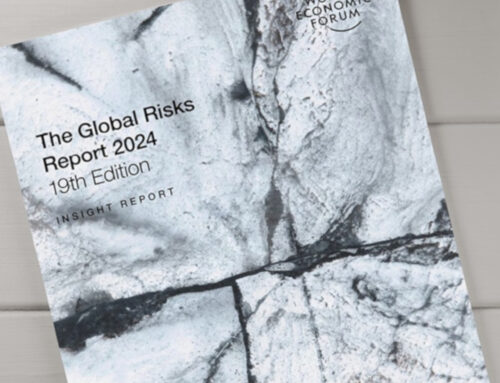

A historic day in Washington takes on a new tone
Share this
Former Vice President Joe Biden was inaugurated as the 46th President of the United States on January 20. This inauguration will long be remembered for a range of historic circumstances.
- Kamala Harris became the first woman, first African American woman and the first woman of South Asian descent to be sworn in as Vice President.
- The COVID-19 pandemic dramatically restricted attendance.
- The violence at the Capitol on January 6 brought out an enormous show of security force.
For the first time in 152 years the outgoing President did not attend the successor’s inauguration, President Trump preferring instead a send off with supporters from Joint Base Andrews before departing for Florida.
In his inaugural address President Biden sought to deliver a message about changes that are possible and the unity required for those achievements. “We must end this uncivil war,” he remarked, exhorting the American people to lean on tolerance and humility in the midst of disagreements to avoid deeper divisions. Drawing upon his plainspoken style, he asked for a chance to make his case. “Hear me out as we move forward.” Among his pleas and projection of optimism, even President Biden offered sobering assessments of our policy challenges and the gravity of some of our political divisions.
After the inaugural ceremonies, the new administration moved swiftly on a number of Executive actions. The policy implications ranged from addressing the pandemic, energy and climate issues including rejoining the Paris Climate Agreement and advancing racial equity in federal policymaking. After Kamala Harris was sworn in as Vice President she was able to vote in the Senate and break the 50-50 partisan split to deliver majority control to Senate Democrats.
Your GAIA federal affairs team in recent months has been in touch with policymakers on Capitol Hill and the administration transition effort to identify areas of common interest through which we can advance Zurich’s interests. Opportunities include working on climate issues, our robust apprenticeship program, the Zurich prospective pandemic risk partnership concept and in the area of diversity, inclusion, equity and belonging.
By David Mork
Assistant Vice President of Federal Affairs

A historic day in Washington takes on a new tone
Share this
Former Vice President Joe Biden was inaugurated as the 46th President of the United States on January 20. This inauguration will long be remembered for a range of historic circumstances.
- Kamala Harris became the first woman, first African American woman and the first woman of South Asian descent to be sworn in as Vice President.
- The COVID-19 pandemic dramatically restricted attendance.
- The violence at the Capitol on January 6 brought out an enormous show of security force.
For the first time in 152 years the outgoing President did not attend the successor’s inauguration, President Trump preferring instead a send off with supporters from Joint Base Andrews before departing for Florida.
In his inaugural address President Biden sought to deliver a message about changes that are possible and the unity required for those achievements. “We must end this uncivil war,” he remarked, exhorting the American people to lean on tolerance and humility in the midst of disagreements to avoid deeper divisions. Drawing upon his plainspoken style, he asked for a chance to make his case. “Hear me out as we move forward.” Among his pleas and projection of optimism, even President Biden offered sobering assessments of our policy challenges and the gravity of some of our political divisions.
After the inaugural ceremonies, the new administration moved swiftly on a number of Executive actions. The policy implications ranged from addressing the pandemic, energy and climate issues including rejoining the Paris Climate Agreement and advancing racial equity in federal policymaking. After Kamala Harris was sworn in as Vice President she was able to vote in the Senate and break the 50-50 partisan split to deliver majority control to Senate Democrats.
Your GAIA federal affairs team in recent months has been in touch with policymakers on Capitol Hill and the administration transition effort to identify areas of common interest through which we can advance Zurich’s interests. Opportunities include working on climate issues, our robust apprenticeship program, the Zurich prospective pandemic risk partnership concept and in the area of diversity, inclusion, equity and belonging.
By David Mork
Assistant Vice President of Federal Affairs




